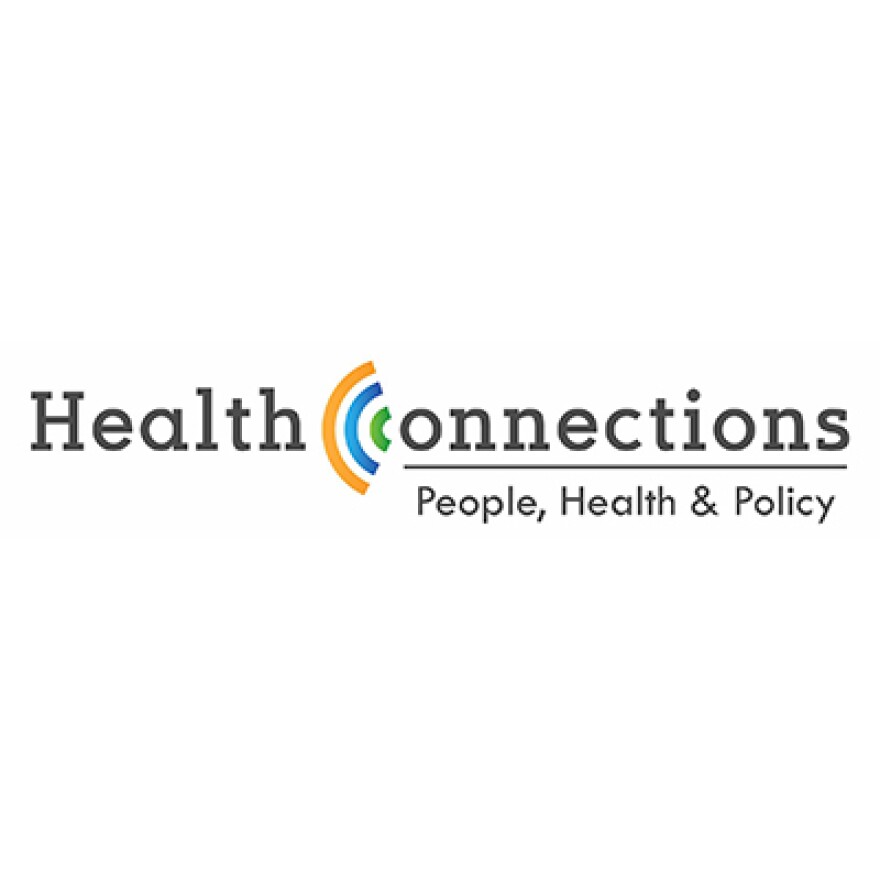Dr. Carole Myers
Welcome to Health Connections. The show about people health and policy. I'm Dr Carol Myers. Wearable devices worn by individuals can assist with individual health monitoring and diagnosis of problems. Today, Dr Wyatt, the Associate Dean of Research and a co director of the Health Information Technology and simulation lab will explore wearable technology and offer guidelines for evaluating wearables just in time for the gift giving season and the start of 2026. Hello, Dr Wyatt.
Andrea Yates
Hello Dr Myers, it's good to be back.
So, what's improved since last year?
Well, I'm glad you're asking about improvement, because that's exactly what we're seeing. There's not a whole lot of new technologies, but what we are seeing is that they are improved from last year and even the previous year. So it's still all about sensors. The sensors are getting more reliable, more efficient, smaller, a little bit more comfortable to wear, and the battery life seems to be improving. We still are using sensor technology for simple tracking. Sensors, now, though, will track sleep. They'll track heart rate, not just heart rate, but heart rate variability, oxygen saturation, body temperature, sweat, stress management and more.
And is the uptake increased with these improvements?
It has. We still are seeing rings on the market. You'll see bracelets, and the bracelets are getting more attractive. So it used to be that they all looked like a plastic wrist band. There's now sensors and eyeglasses and hearing aids and even cochlear implants.
Then what's on the horizon as we look forward to wearable devices?
What we can expect is more artificial intelligence that's integrated into the sensors. We're seeing that already in some of the products that are on the market. And by the way, 63% of healthcare professionals are optimistic that these AI enhanced tools will improve healthcare. And 48% of patients believe that this AI integrated tools will improve healthcare.
What does that AI integration mean to me as someone using a wearable device?
When you wear sensors, they often are tracking, and that's the information that you get, is how many steps you've walked or how high your heart rate got while you were walking. But what's going to happen more and more is that the AI technology is going to be offering interventions, not just tracking, but offering interventions.
What are the important considerations when purchasing health related technology?
You always want to make sure that you are reading up on the technologies, the results and the effectiveness of the sensors or robots. Always consider data privacy, the agenda and even the age of the individuals that are wearing the sensors, when you consider the accuracy of the sensors. Be sure that you understand that products that are marketed for wellness meet different regulations and criteria than products that are sold as medical devices.Always consider the comfort level of wearing these sensors. They are getting better, but it's something that needs to meet your own personal needs, or if you're buying it as a gift, you need to consider the recipient and would they wear the sensor. Consider the battery life, consider the cost. Never rely on devices as a substitute for full health care services.




